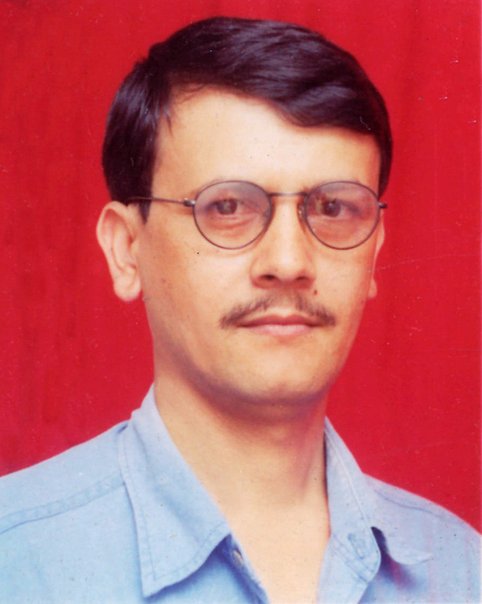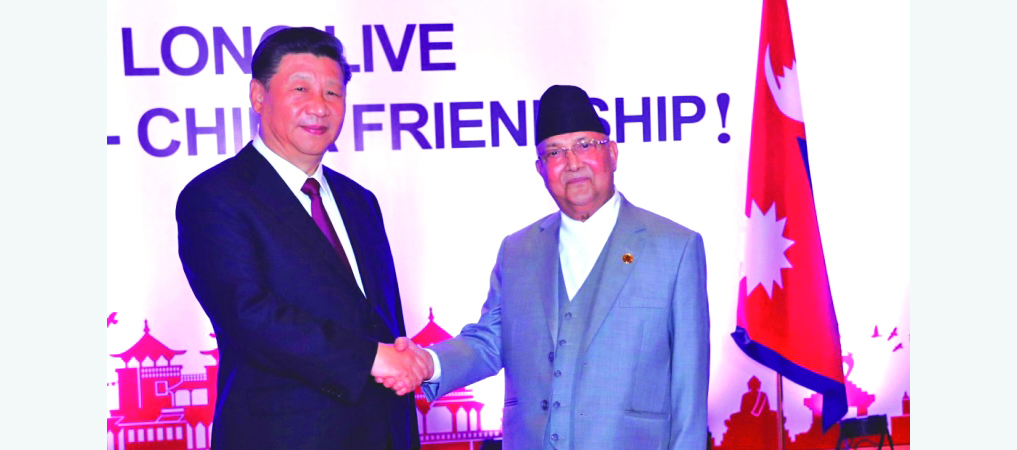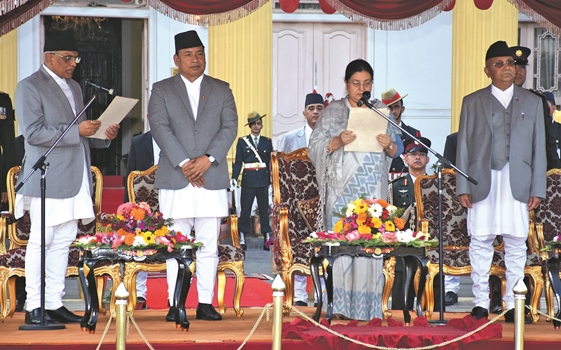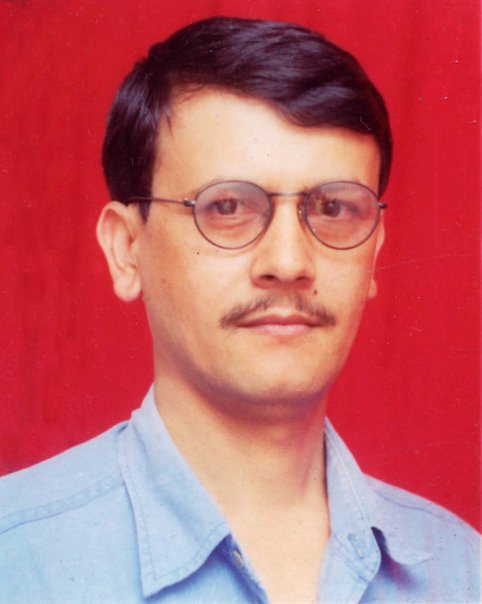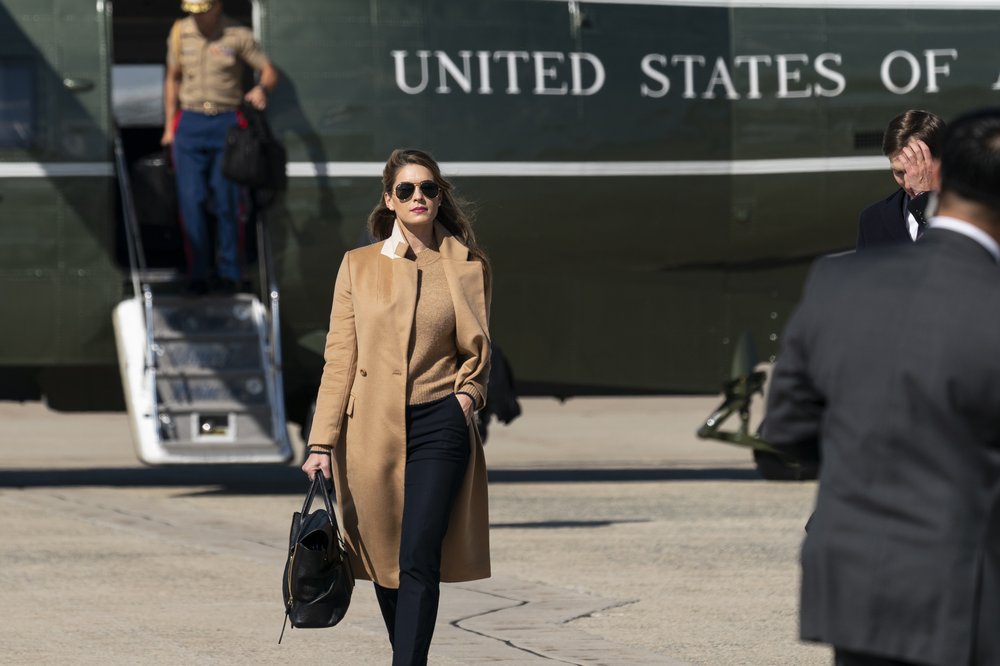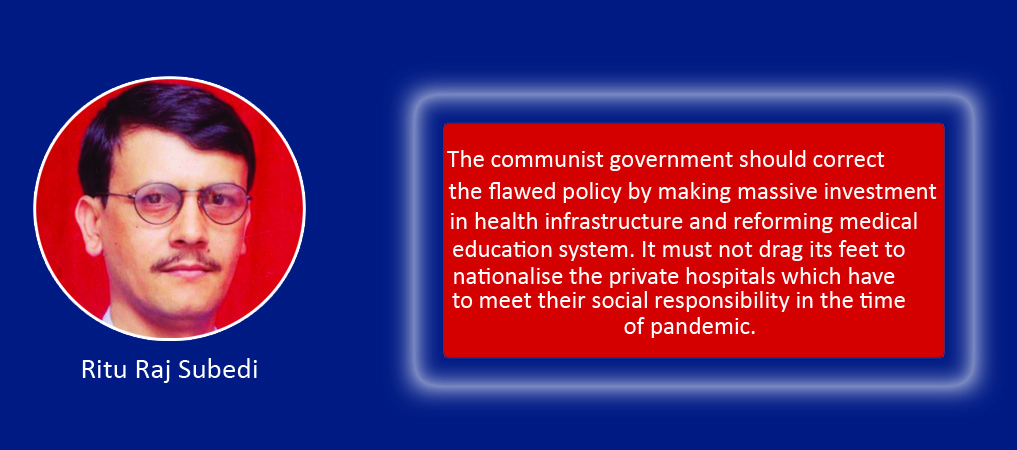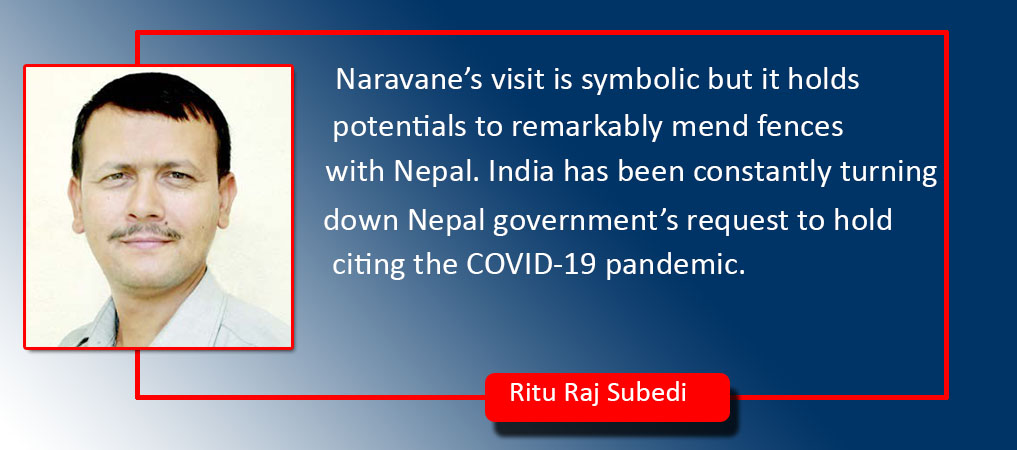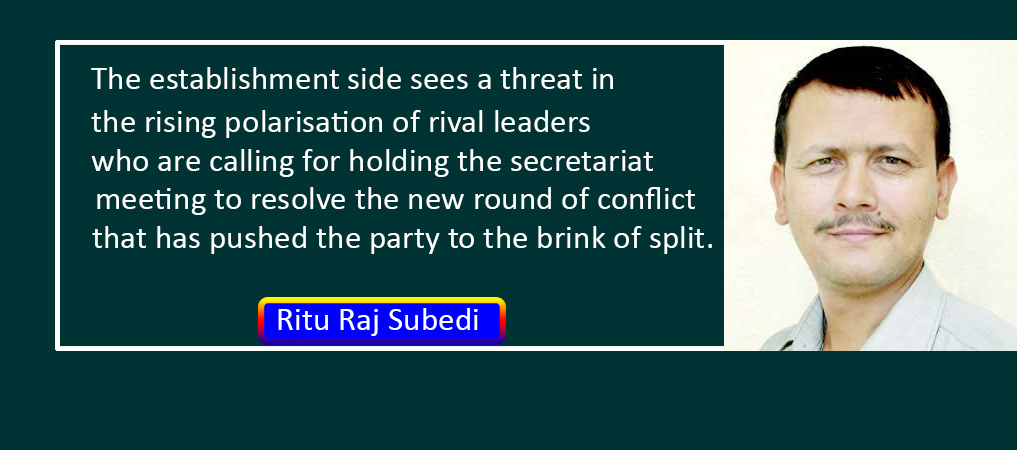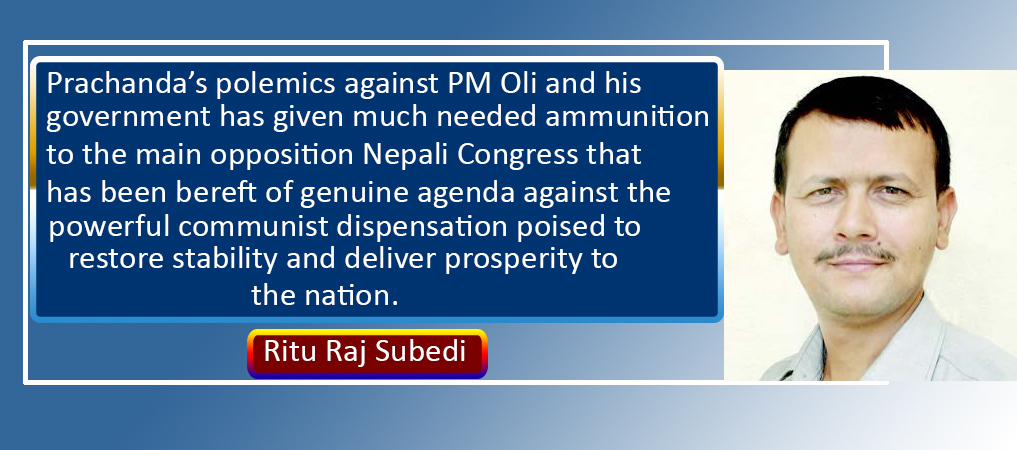NC 14th Convention Will It Take Socialist Course?
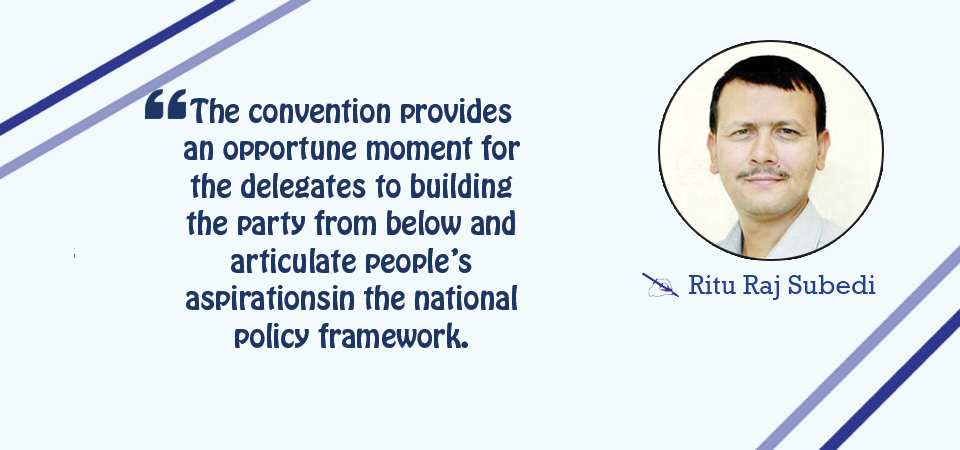
Ritu Raj Subedi
Nepali Congress (NC) inaugurated its 14th convention with the theme of ‘enthusiasm, unity and transformation’ on Friday, but raging factionalism threatens to realise the snappy slogan. The national jamboree is all focused on picking the new leadership while the ideological discourse seems to have lost steam. The NC requires devising relevant policy that could enable it to compete with and prevail over the communist forces, which have dominated the national politics despite their division and mutual hostility.
Nationality, democracy and socialism have been the party’s ideological guidelines since its establishment but its failure to stick to them in letter and spirit has forced it to tread a treacherous path. In fact, these three terms constitute the principle thoughts of all major parties, be they centrist, leftist or rightist. Their inability to balance among these have incubated internal instability and induced external meddling, hindering the grand democratic nation-building project.
Procedural democracy
It is argued the NC prioritised more formal or procedural democracy while giving short shrift to nationalism and socialism especially post-1990 political change. As a result, communist forces grew by leaps and bounds on the planks of nationalism and economic equality. At the end of the day, NC had to toe the radical political lines prescribed by the communist parties. If the previous NC-led governments had laid greater emphasis on social and economic justice and forged better understanding with the left parties based on the 1990 constitution, the country could have avoided the bellicose Maoist movement and various belligerent ethnic agitations.
But there has not been adequate debate on important political developments. In his remarks at the inaugural session, NC senior leader Ram Chandra Paudel admitted that they were unable to seriously discuss the party’s policy and programme at the national congress. “We are conducting the convention in haste only to meet formality,” he said.
Despite an apparent apathy for ideological dialogue, three lines of thoughts exist in the NC - liberal, neoliberal and democratic socialism. The grassroots cadres want to revive BP Koirala’s socialist thinking but the party’s neoliberal deviation has posed obstacle to this end. They should push for robust inner-party democracy to defeat individualist and careerist tendency, and hereditary proclivity. Bureaucratised structures and personality cult do not only preclude the evolution of fresh leadership rooted in indigenous values but also blocks democratisation of the party. The convention provides an opportune moment for the delegates to building the party from below and articulate people’s aspirations in the national policy framework.
The NC is conducting the convention at a favourable time. It is now in the driving seat of the government. The oldest democratic party that spearheaded the nation’s democratic movements several times has now reaped political windfall, thanks to the downfall of KP Sharma Oli-led government. NC president Sher Bahadur Deuba formed the coalition government with the support of three communist parties. The reinstatement of House of Representatives (HoR) breathed new life into the NC. In the 2017 three-tier polls, the NC suffered a humiliating defeat at the hands of the then left alliance of CPN-UML and Maoist Centre. Its delegates must ponder as to why the communist parties got the better of the NC.
In their joint political report presented in the closed session of the convention, general secretary duo Dr. Shashank Koirala and Purna Bahadur Khadka termed the Oli government as despotic and arbitrary, and the House dissolution as mala fide, condemnable, anti-Loktantrik and anti-constitutional act of UML government. It seems the NC is set to gain political mileage from Oli’s undemocratic move which put Nepali politics on the slippery slope. In his speech, Deuba said that the country got rid of Oli’s authoritarian rule and fright following the formation of his government.
Prime Minister Deuba seemingly credits himself more than that of other coalition partners for toppling the Oli government that dissolved the House of Representatives (HoR) twice, violating the constitution. In reality, the CPN-UML rebel leaders had risked their political life to save the constitution and parliament. If Deuba had recognised CPN-Unified Socialist chair Madhav Kumar Nepal’s courageous role in restoring HoR and creating the present government, he would have earned more respect from the commoners and enhanced his own credibility.
Cliff-hanger
Meanwhile, election to the new NC leadership appears to be a dramatic cliff-hanger as the convention will see a five-front contest for the post of president. PM Deuba, Prakashman Singh, Shekhar Koirala, Bimalendra Nidhi and Kalyan Gurung are vying for the presidency. Senior leader Ram Chandra Paudel has quit the race for the post of president after his bid to field a consensus candidate from his camp went down the tube. President Deuba is upbeat about the prospect of his re-election with the division in the Paudel camp. Moreover, he has forged an alliance with Krishna Prasad Sitaula which can help to reduce the potential damage caused by Nidhi’s candidacy.
As youths comprise more than 40 per cent representatives, the convention can be a milestone in bridging the intergenerational gap. The intervention of youths in the leadership rung will add new vigour to the party at its critical juncture. The new leadership should be able to rekindle the party’s original mission to build an egalitarian society. It must review flawed neoliberal policy to put the country on the path of socialist construction.
(Deputy Executive Editor of The Rising Nepal, Subedi writes regularly on politics, foreign affairs and other contemporary issues. subedirituraj@yahoo.com)
Recent News

Do not make expressions casting dout on election: EC
14 Apr, 2022
CM Bhatta says may New Year 2079 BS inspire positive thinking
14 Apr, 2022
Three new cases, 44 recoveries in 24 hours
14 Apr, 2022
689 climbers of 84 teams so far acquire permits for climbing various peaks this spring season
14 Apr, 2022
How the rising cost of living crisis is impacting Nepal
14 Apr, 2022
US military confirms an interstellar meteor collided with Earth
14 Apr, 2022
Valneva Covid vaccine approved for use in UK
14 Apr, 2022
Chair Prachanda highlights need of unity among Maoist, Communist forces
14 Apr, 2022
Ranbir Kapoor and Alia Bhatt: Bollywood toasts star couple on wedding
14 Apr, 2022
President Bhandari confers decorations (Photo Feature)
14 Apr, 2022
